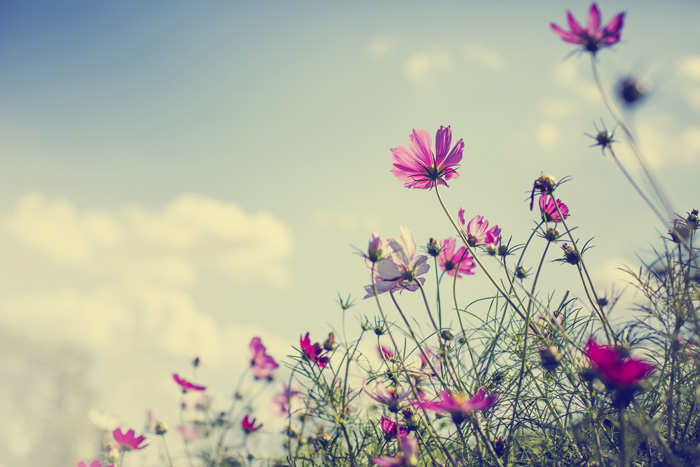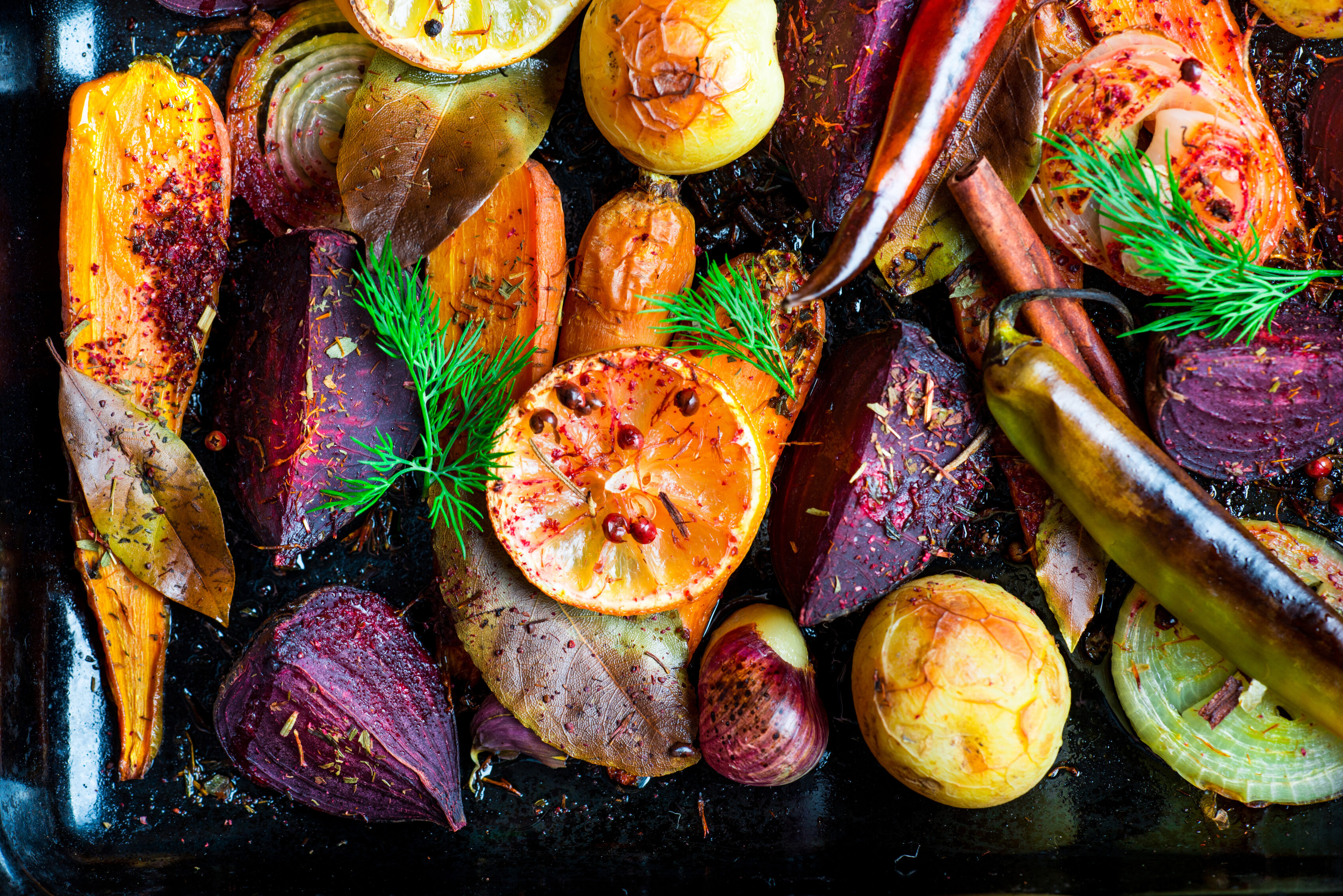Bee Kind this World Bee Day
It’s World Bee Day!
Do you know how important our tiny fuzzy friends are to maintaining life on our planet? Bees are the main pollinators for around ¾ of crops consumed by humans – they’re vital for environmental stability and food security!
Sadly bee populations are declining in huge numbers worldwide and intensive farming is a significant contributor, since this industry is a key driver of habitat loss and climate change. Wild bees and bumblebees are particularly vulnerable to the effects of climate change and are central to the pollination of British crops, like apples. The change in seasonal patterns caused by our changing climate is encouraging bees to appear earlier than before; in the winter months the flowers that they would usually feed on have not yet bloomed, meaning they miss their vital feeding and pollinating window. A loss of habitat, due to industrial farming methods, means there is less variation of food and less food all round, causing undernourishment and the fatal side effects of this. Not to mention the pesticides used in farming that cause death and disease amongst bee populations.

Intensive farming is a leading cause of greenhouse gas emissions. According to the UN FAO, animal agriculture is responsible for more greenhouse gas emissions than all transport combined – that’s every car, plane, train and ship on the planet!
This industry is also guilty of robbing the planet of its natural habitat, with 70% of deforested areas being converted to agricultural land, mainly to grow crops to feed to farmed animals.
Bearing in mind the massive environmental toll that intensive farming takes on the planet, why not help bees by reducing or eliminating your consumption of animal products this World Bee Day? Check out loveveg.uk for all of the tips, recipes and support you may need.
You can also help bees by planting wildflowers in your garden, letting your lawn grow a little longer and even giving them a home with an insect hotel. Leaving some sugar water in your garden will also help to revive a tired bee; did you know that bees can visit up to 10,000 flowers in a day looking for pollen and nectar? The very definition of a busy bee!
Sign up

